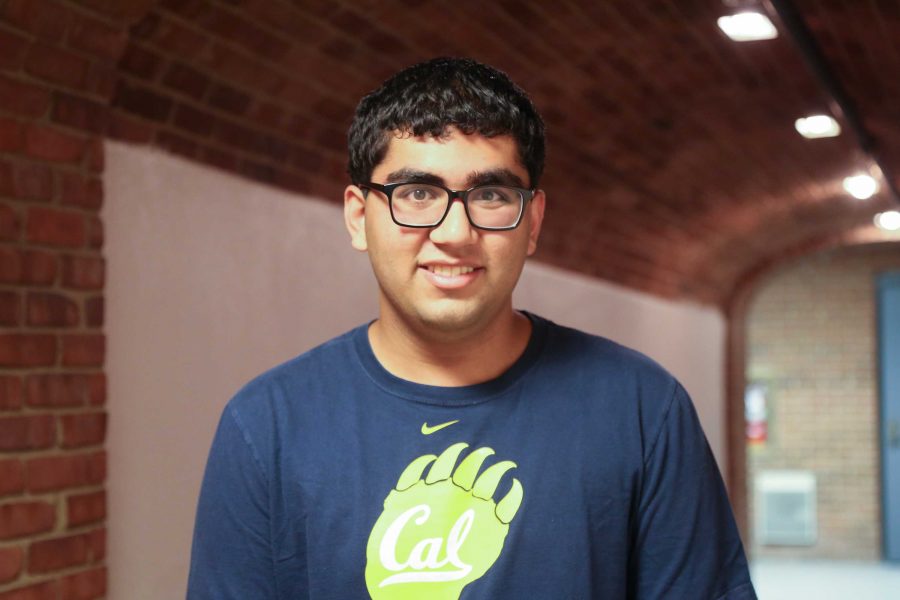Last week, high above the Mojave Desert, a spacecraft known as the VSS Unity completed its eleventh test flight. Unity, currently considered one of the brightest potentials in private spaceflight, is owned and operated by Virgin Galactic.
To put that in context, Virgin Galactic is part of the larger Virgin Group, owned by Sir Richard Branson, a quintessential eccentric old Briton if ever there was one. Virgin is or has been involved in such disparate things as mobile phone coverage (Virgin Mobile), music (Virgin Records), retail (Virgin Megastores), British trains (Virgin Rail and Virgin Trains East Coast), air travel (Virgin Atlantic), cruises (Virgin Voyages) and even, briefly, Formula One (Virgin Racing). To wit, space tourism is simply another cell in a much larger keiretsu. And, considering Virgin’s remarkable strength in those other ventures, it might be expected that Virgin Galactic would also be a success.
So has it?
Virgin Galactic has been in existence since 2004. Initial signs were promising; it inherited the design of SpaceShipOne, which in 2004 had become the first private manned spacecraft to reach space. Virgin Galactic immediately set about commissioning a new craft: SpaceShipTwo. It was promised to be a breakthrough for private spaceflight.
In mid-2008, while building hype for SpaceShipTwo, Branson quite optimistically predicted that Virgin Galactic’s maiden space voyage would take place “in 18 months.” By late 2009, that estimate had become “in 2011.” When 2011 came around, that estimate once again became “18 months from now.” In early 2013, Branson announced that he would personally be on the first public flight of SpaceShipTwo, on Christmas Day, 2013–a flight which, once again, did not actually materialise.
Still, the first SpaceShipTwo, named the VSS Enterprise, continued relentless test flights, achieving powered flight in 2013 and breaking the stratosphere. Alas, perhaps the most tragic setback of all came on the thirty-first of October, 2014, when the Enterprise broke up mid-flight, killing its co-pilot and severely injuring its pilot. Virgin Galactic quite rightfully temporarily halted operations in the aftermath.
That, however, left the VSS Unity as the second SpaceShipTwo, the successor to the Enterprise. Unity began test flights in 2016, its name chosen by Stephen Hawking. The aforementioned eleventh test flight has not even seen Unity fly under its power– although we’re promised that it will come close. It is probably worth pointing out that Branson in October 2017 said publicly that Unity could reach space “within three months.” Well, it’s been three months since then, and while there has undoubtedly been progress, Unity hasn’t done anything of the sort.
Virgin Galactic exemplifies some of the problems with private spaceflight. Virgin Galactic is explicitly a space tourism firm. Space tourism may be appealing as a means of shortening bucket lists for Earth’s wealthy, but in reality offers extremely little of scientific or technical value. Additionally, space travel historically has taken a concerted effort by entire countries to even be remotely possible. If an enterprising individual with all the resources and passion of Branson struggles to even show anything for over a decade of work, then the dozens of other Silicon Valley-inspired startups promising simple and clean colonisation of Mars are even less likely to be anywhere close to successful.

